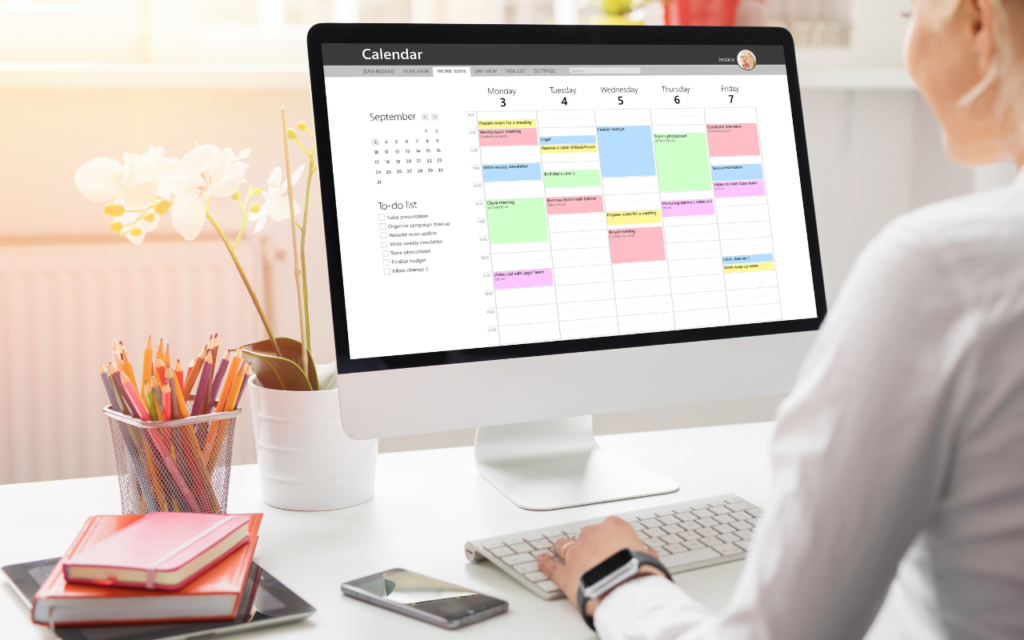To answer this question and make plans that work as a caregiver and working professional, I advocate discipline and a framework.
I am pedantic about and never compromise on 6 things.
My framework
1. Problem-solving
Problem-solving is vital in a caregiver and working professional’s plan that works. It helps you find solutions to challenges and improves what you do at work and for loved ones. To embrace this, be honest about your problems, speak them aloud, write them down, and prioritise them. Try to be creative and think critically about the logistics (of resolving the issue) rather than emotionally. Importantly, don’t be afraid to ask for help when needed. This links to the next point…

2. Emotional intelligence
Emotional intelligence – be aware of your emotions, acknowledge them, and accept them. Recognise it is okay and normal to feel down and negative – we are just human. However, try to not let them hinder what you do and the progress you make to resolve issues. Recount your successes and achievements and practice empathy when talking to others. Draw on affirmations when you feel down to remind yourself that self-love and self-care are vital for a caregiver and working professional’s plans to work. After all, no words resonate more than those underscoring our inability to pour from an empty cup!
3. Time management
Time management – to make the most of your time and help you work smart, effectively, and efficiently, try breaking big tasks into smaller ones and setting deadlines for each part. Prioritise the time-sensitive tasks first (tier 1), delay the non-time-sensitive duties to the following week (tier 2), and try to delegate to someone else (or delete) non-essential/nice-to-have tasks from your schedule. Always use a calendar and make the most of your on and offline diaries.

4. Communication
Communication – good communication and working well with others allow your plans as a Caregiver and working professional to work. To be a better communicator, try to be as clear and concise as possible when you talk and write to ensure the information you’re relaying, the thoughts you’re sharing, and the requests you’re making are unambiguous and understood. Make sure you listen actively to others, too, at home and work. As a caregiver, I found online resources, like Action for Carers Surrey and YouTube Channel Mum, and community forums, like Mumsnet and Macmillan’s Online Community, incredibly helpful.
5. Teamwork
Teamwork – being a team player and working well with others, personally and professionally, helps you and your team succeed. If your team succeeds, your plans as a Caregiver and working professional will work and be realised. Therefore, in the context of your own plans, schedule, and routine, try to be open to the ideas of others, support where you can, and always be willing to lend an ear and/or hand in support.

6. Resilience
Resilience – though easier said than done, try to bounce back from difficult situations or setbacks and not give up. Be persistent in pursuing the most important things and try your best to succeed. For unimportant things, accept that they are low priority and, therefore, can be delegated or deleted from your plans. To build up your tolerance and resilience, try to stay positive by living in the moment, enjoying the here and now, going for a walk, talking it through with your nearest and dearest, reflecting on and learning from successes and mistakes, and continuing to make plans to solve problems and move forward. If today’s not working out as planned, there’s always tomorrow so write your to-do list for the next day and take the rest of your day off.




